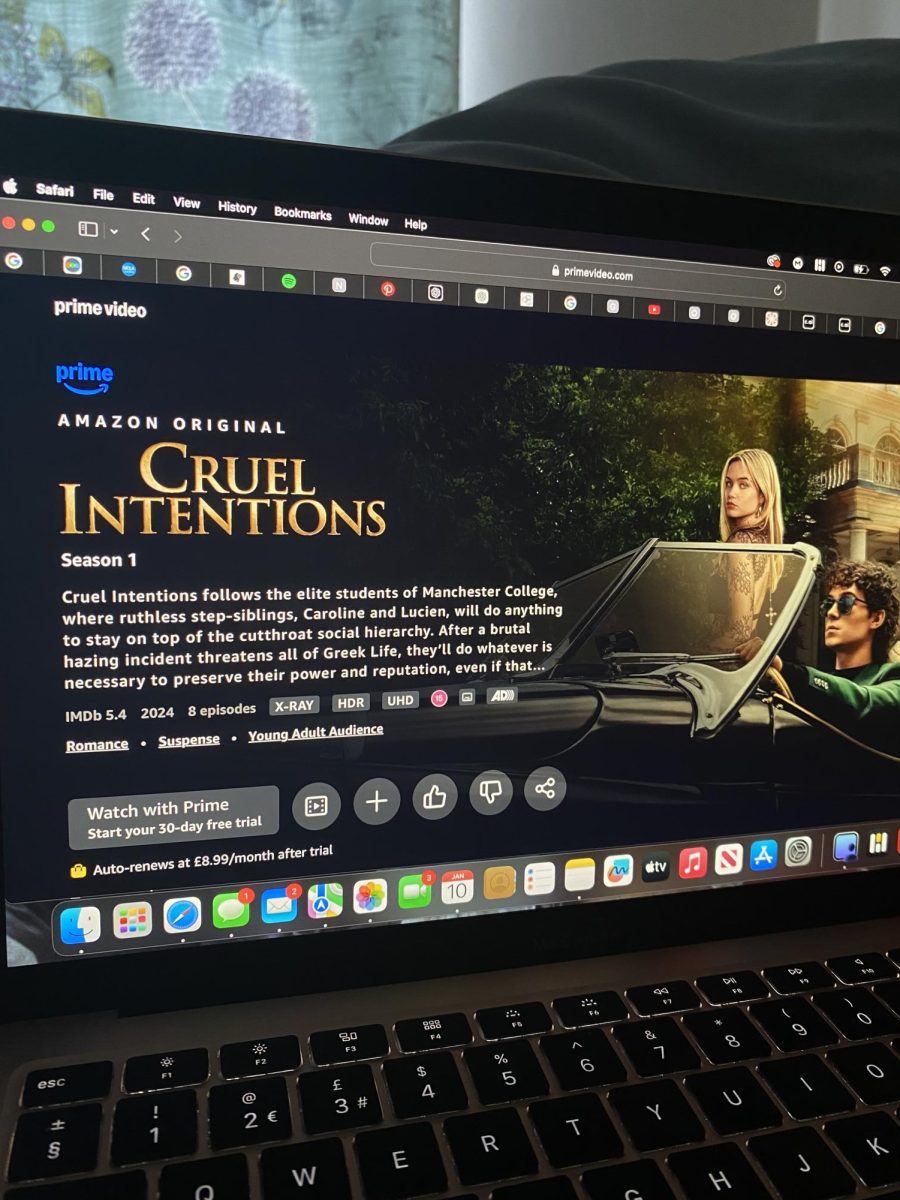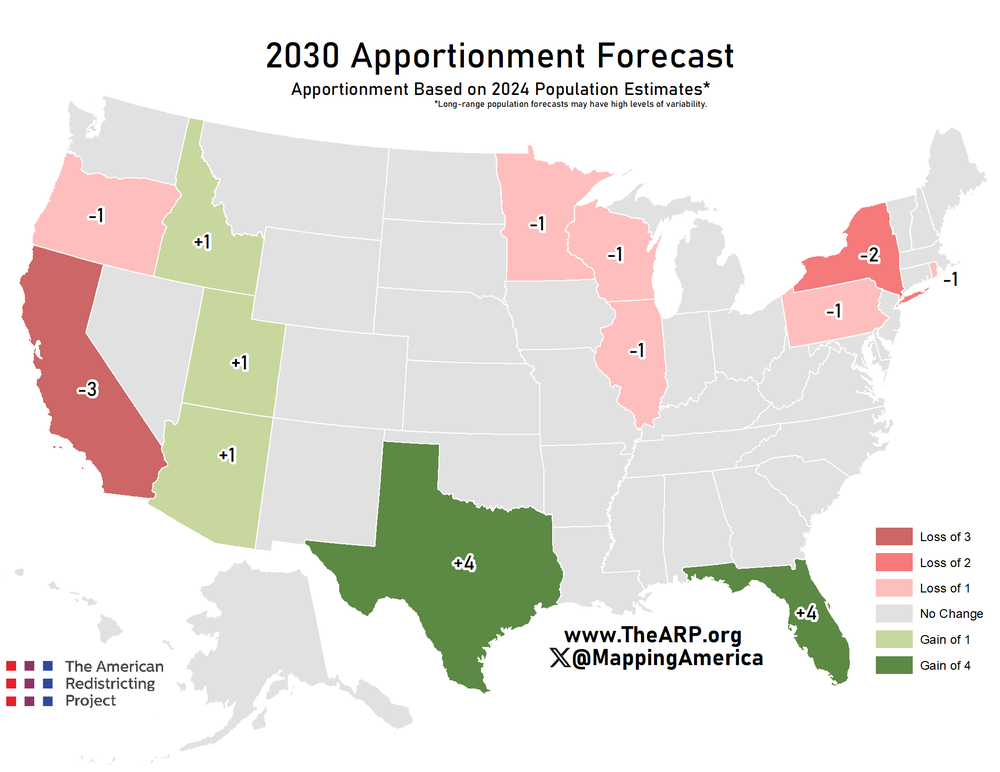Christopher Nolan’s breathtaking space odyssey Interstellar will return to IMAX theaters this October to celebrate the 10th anniversary of its release. The announcement came just over a week before Earth Day, and to paraphrase one of the main characters, Murphy, it’s a real good time for it to come back. Interstellar’s climate-related themes have only become more relevant over the past decade, but that doesn’t necessarily mean they’re virtues.
Interstellar depicts Earth in the not-so-distant future, where blight kills essential crops one by one until a famine breaks out. There is no mention of wildfires swallowing up entire habitats, or floods washing away coastal communities, or hurricanes keeping cities crippled long after they’ve passed – which are the environmental disasters that are happening on Earth right now, along with a global food crisis. Interstellar shows one disaster happening in one distinct part of the world and ultimately decides the entire planet cannot be saved and we have to colonize space.
This is the first of Interstellar’s two main ideas. It’s summarized by a quote from Cooper, one of the researchers NASA sends to find a new planet that can support human life. “Mankind was born on Earth. It was never meant to die here,” he declares, and any objectors to this maxim are quickly written off. For example, in an early scene, Cooper is called into a parent-teacher conference. His daughter, Murphy, learned about the Apollo Missions in one of his old textbooks, and got into a fistfight with some students who believed they were faked. Murphy’s teacher takes the side of the tin foil hat kids. Their beliefs reflect the curriculum, after all; Cooper’s textbook was replaced, and the new editions paint the Moon landing as a brilliant piece of American propaganda to trick the Soviets into going bankrupt building real, useless rockets. “If we don’t want to repeat the excess and wastefulness of the 20th century,” she says, “then we need to teach our kids about this planet, not tales of leaving it.”
My jaw dropped at the equivocation of sustainability to believing in stupid conspiracy theories. I had to be on Cooper’s side now, right? In Interstellar, it’s mass space exodus or bust – and find yourself associated with anti-science types.
Cooper is not the first cli-fi protagonist to believe humanity’s fate lies beyond Earth. Lauren in the novel Parable of the Sower created the religion Earthseed and proclaims the following as one of its key tenets: “The destiny of Earthseed is to take root among the stars.” Yet Lauren lives just outside Los Angeles, whose residents live in crushing poverty while extreme wealth inequality breaks apart the nation. It’s a reminder that escaping Earth on a rocket ship is an opportunity exclusive to the rich. “The only way to leave / will be to buy a ticket,” poet Rena Priest wrote in “The Index.” “Tickets will be priced at exactly / the amount that can be accrued / by abandoning basic humanity.”
Those of us stuck here will have no choice but to combat the climate crisis. Interstellar does a lot of grumbling about humanity’s dying pioneer spirit, but innovation and discovery don’t only apply to shooting rockets into space. We can use our ambition and our intelligence to abandon fossil fuels and embrace renewable energy, to find new ways of growing food, to create climate resilient cities and expand public transportation and adopt sustainable packaging. These are attainable goals. That’s why the Moon landing needs to be taught; it shows us we are capable of accomplishing things that seem even more challenging than slowing the climate crisis.
But what motivates us to take on the climate crisis? Ironically, Interstellar answers this question. Cooper decides to embark on NASA’s mission because he wants to provide his children with a livable future. That’s one of the main reasons activists encourage people to take climate action; however, there aren’t enough adults willing to do so. Parents presumably love their children, but they love convenience more. For the parents in power, profit is their favorite child. Interstellar asks the audience if they’re ready to sacrifice such things for their kids.
This is Interstellar’s second main idea: the power of human perseverance and connection. In the film, love is an impetus for progress. It’s what inspires the characters to do impossible things. On the other hand, a few characters have their spirits and souls eroded as they endure long periods of isolation. Interstellar is a moving call for unity, but not all of us can unify around space travel. We can, however, unify around our Earth, because we’re already here. We were born on it. It’s our home.
We have no choice but to look out for one another if we’re going to make it out of this alive. Can’t we easily flip this philosophy onto saving the Earth rather than leaving it?
The researchers in Interstellar faced inevitable challenges during their mission, as we already have while fighting the climate crisis. To inspire them to persevere (and they need to, because humanity’s future depends on their success), several characters recite Dylan Thomas’ poem “Do not go gentle into that good night.” There is one line that feels like a climate action hymn: “Rage, rage, against the dying of the light.” We’re fighting against rising temperatures and unsustainable practices, yes, but we’re also fighting against the hopelessness the climate crisis often instills in people. Climate change is overwhelming. Being overwhelmed can make us inactive and leave us thinking, “This is so much bigger than me. Will anything I do really make a difference?”
The answer is yes. Rage, rage against the dying of the light, because we do not have the luxury of apathy. It’s true that things sometimes look bleak and time often doesn’t appear to be on our side. But have we really been using all of our pioneering spirit to race against it?
The blight in Interstellar takes out wheat first, then okra. Corn is predicted to be next. When NASA’s Professor Brand breaks this news to Cooper, he replies, “We’ll find a way, Professor. We always have.”
I believe we will.
In fact, we already are.



















